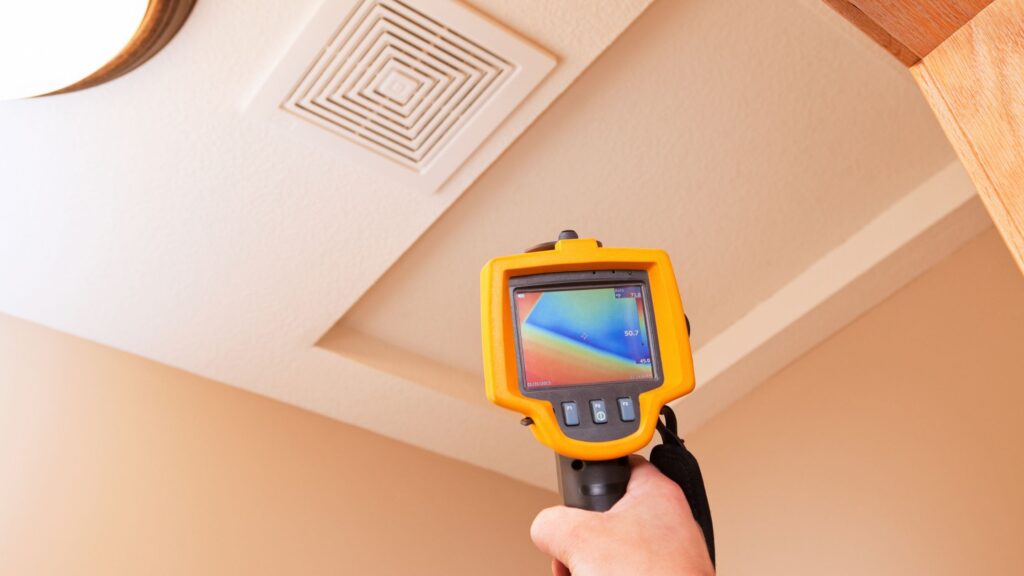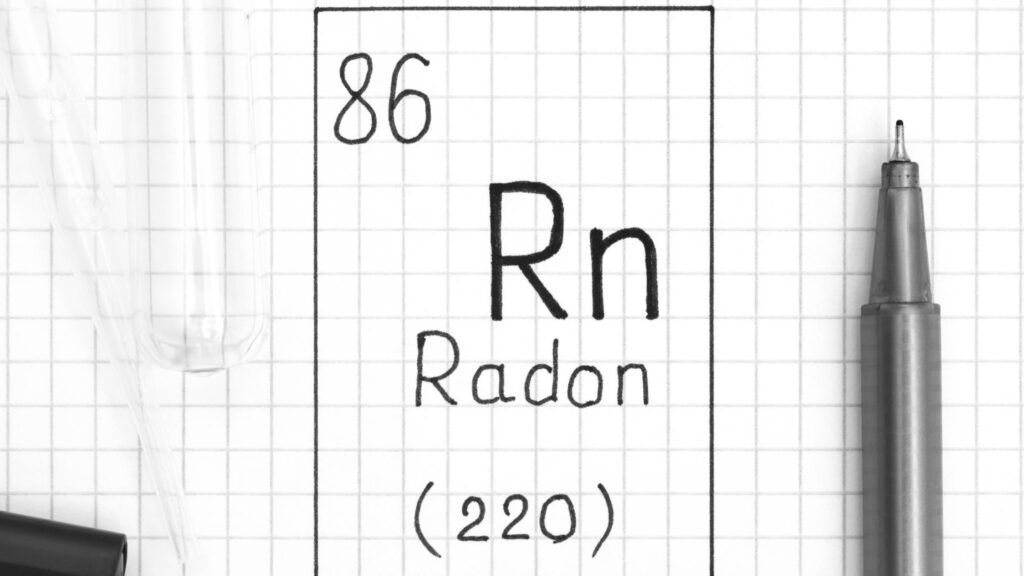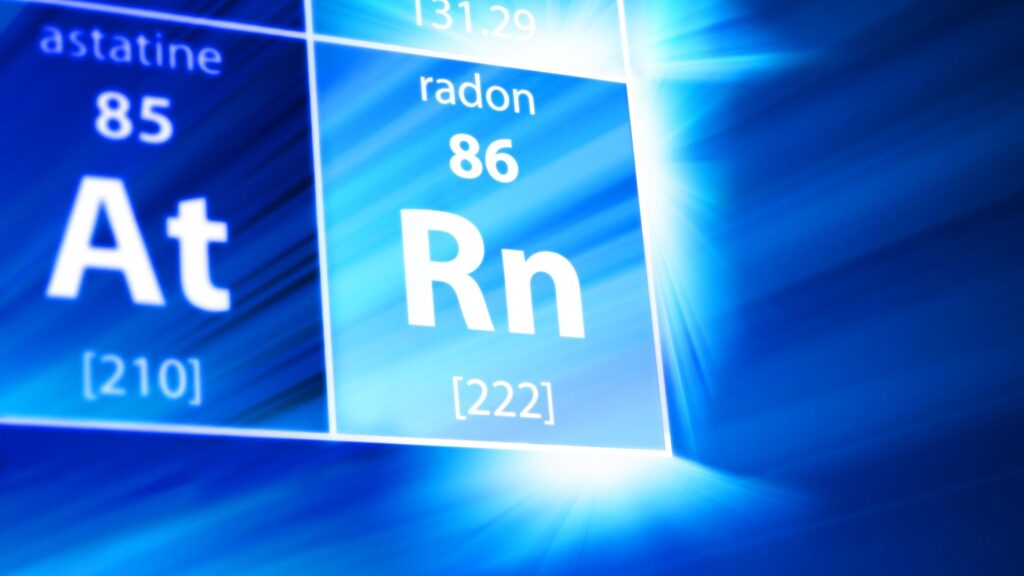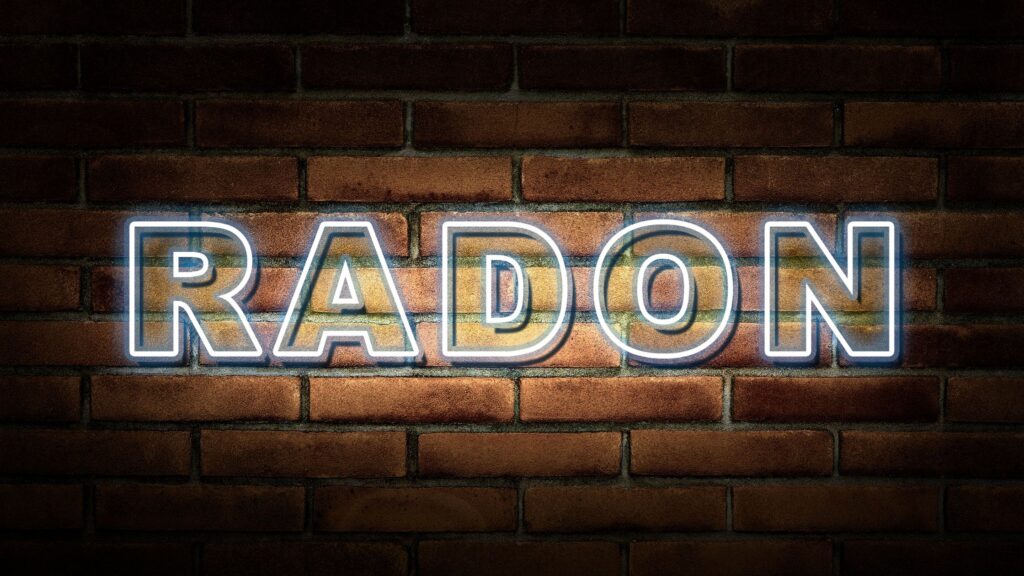Radon is a hidden and potentially harmful gas that can build up in homes without any obvious signs. Because it has no color, smell, or taste, you cannot detect it without proper testing. Prolonged radon exposure is the second leading cause of lung cancer in the United States, right after smoking. Scheduling a professional radon testing home inspection gives homeowners peace of mind, expert advice, and proactive protection for their families. A comprehensive inspection can uncover risks early, helping to keep your home safe and healthy.
In this article, we’ll explain why radon testing is so important, what happens during a home inspection, and how working with certified professionals can make a real difference in protecting your home and loved ones.

Role of a Radon Testing Home Inspection
A radon testing home inspection does much more than just take readings. Skilled inspectors carefully examine every area where radon might enter, such as basements, crawl spaces, and ground-level rooms. They look for cracks, gaps, and other structural weaknesses that could allow radon to build up.
After the inspection, homeowners receive a detailed report along with professional recommendations. Knowing the radon levels and identifying potential problem areas lets you take action early, planning effective mitigation strategies before serious health risks develop. Understanding your home’s radon situation helps ensure your family stays safe and allows you to make informed decisions promptly. Learn more about Radon Testing in West Des Moines.
Key Qualities to Look for in a Radon Testing Services
Consider the following qualities when choosing a professional radon testing company:
1. Proven Expertise
Opt for a company with certified inspectors who have extensive experience in radon testing. Experienced technicians are skilled at identifying high-risk areas and use advanced, precise equipment to provide reliable measurements.
2. Transparent and Honest Approach
A trustworthy company communicates the testing process and findings clearly, without pressuring you into unnecessary services. They provide comprehensive reports, often including photographs, diagrams, or visual aids, so you can fully understand the radon levels in your home and make informed decisions.
3. Accessibility and Responsiveness
Radon testing is a critical step for home safety, so it’s important to work with a company that can respond promptly to inspections, follow-ups, or additional guidance. Simple scheduling, timely updates, and effective communication help save time, reduce stress, and ensure a smooth process
4. Comprehensive Support
The most reliable providers offer both testing and mitigation solutions. Partnering with a single trusted company allows for consistent monitoring and ongoing support, giving homeowners confidence that their home remains protected over time.
5. Certified Equipment and Techniques
Professional radon inspections rely on certified devices and established testing methods. Using accurate and validated tools ensures the results are dependable, allowing you to make well-informed health and safety decisions for your household.

What a Radon Testing Home Inspection Typically Includes
A complete inspection examines all areas where radon may be present:
I. Structural Review
Inspectors carefully examine floors, walls, foundations, and crawl spaces for cracks, gaps, or openings that could allow radon to seep into the home. Identifying these entry points is essential for effective prevention and long-term safety.
II. Air and Soil Measurement
Using precise radon detectors, professionals measure radon concentrations in indoor air. When necessary, they also test the surrounding soil to understand potential sources of radon infiltration and evaluate overall exposure risks.
III. Ventilation Assessment
Experts assess airflow patterns and mechanical systems throughout the home. Proper ventilation can significantly affect radon levels, so this evaluation helps determine if adjustments or improvements are needed to reduce accumulation.
IV. Report and Recommendations
After testing, homeowners receive a comprehensive report detailing radon levels, potential problem areas, and actionable recommendations.
By covering these areas, a radon testing home inspection ensures no detail is overlooked, giving homeowners a complete understanding of their home’s safety.
Benefits of Professional Radon Home Inspections
Taking a proactive approach to radon testing comes with multiple benefits:
A. Health Protection: Professional radon testing identifies and addresses elevated radon levels, significantly reducing the risk of lung cancer.
B. Peace of Mind: Knowing your home has been thoroughly inspected by certified professionals allows you to relax, feel secure, and focus on other important aspects of daily life without worry about hidden radon risks.
C. Property Value: Homes with documented radon testing and safety measures are often more attractive to potential buyers, as they demonstrate a commitment to health, safety, and proper maintenance.
D. Early Detection: Detecting radon issues before they escalate prevents serious health risks and costly structural problems. Early intervention ensures long-term safety and minimizes future repair expenses.
E. Informed Decisions: Detailed professional reports provide actionable insights, allowing homeowners to implement effective mitigation strategies, monitor radon levels over time.
How Radon Testing Services Support Homeowners
Certified radon testing companies combine technical expertise with personalized service. They provide:
- Accurate Testing: Professionals use advanced, calibrated equipment to deliver precise radon measurements, no matter the size, layout, or foundation type of your home.
- Expert Analysis: Certified technicians carefully interpret the test results, explaining potential health risks and providing practical guidance.
- Tailored Solutions: If radon levels are elevated, experts design customized mitigation systems that fit your home’s specific structure.
- Ongoing Support: Reputable providers don’t stop at testing. They offer follow-up inspections, monitoring, and maintenance to confirm that radon levels remain within safe limits.
Working with trained professionals ensures homeowners address radon risks effectively and maintain a healthy living environment.

Conclusion
A radon testing home inspection is a vital step for any homeowner who cares about indoor air quality and long-term health. By identifying potential hazards early, these inspections provide accurate results and allow you to take targeted actions to reduce radon exposure.
For homeowners in Des Moines, Iowa, DSM Radon delivers complete radon testing and mitigation services. Their certified team ensures precise testing, professional guidance, and reliable long-term solutions, helping you keep your home safe, healthy, and comfortable for years to come.





